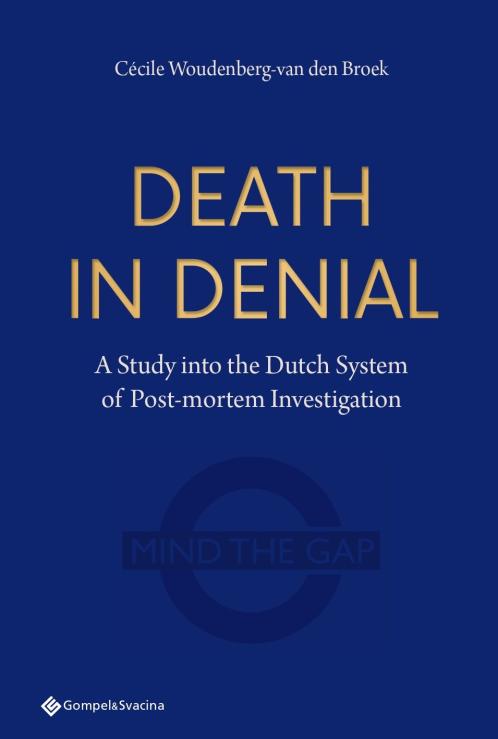Globalization & Law Network seminar with Panu Minkkinen
How does the Court of Justice of the European Union (CJEU) strategically disclose information to shape public perception? On 7 December 2023, the Globalization & Law Network had the pleasure of hosting a seminar with Dr. Panu Minkkinen, Professor of Jurisprudence at the University of Helsinki, Finland. His presentation delved into transparency and communication practices of the CJEU. Dr. Massimo Fichera, Associate Professor in Philosophy of Law at Maastricht University, led the discussion.
Prof. Minkkinen explained how the CJEU aspires to live up to commitments of institutional transparency by operating as an independent media actor. Alongside rulings, the CJEU produces other artefacts, such as press releases, allowing it to strengthen its authority within the EU and reach out to civil society. As a result, the CJEU wields not only legal but also factual judicial power. Prof. Minkkinen also introduced the concept of “managed openness”, suggesting that the CJEU discloses information selectively, thus falling short of the EU’s fundamental values and principles. The findings of Prof. Minkkinen’ analysis were derived from interviews with media officers at the Press and Information Unit of the CJEU.
If you are interested in joining the upcoming seminars organized by the Globalization & Law Network, you can view the program and register here.
Also read
-

PhD thesis written by Martina Coli
This thesis investigated the paths for transforming the founding values of the European Union enshrined in Article 2 TEU into legal obligations binding on the Member States. -

On 3 October 2024, the Globalisation & Law Network was pleased to welcome Rachel Griffin (Sciences Po), who presented her work in progress titled ‘EU Platform Regulation in the Age of Neo-Illiberalism’.
-

PhD thesis written by Cécile Woudenberg-van den Broek
Recent reports on forensic medicine in the Netherlands highlight the need for significant improvements in postmortem investigations. This thesis questions the adequacy of the Dutch system, arguing that it may not meet the criteria set by the European Convention on Human Rights for an effective postmortem investigation.